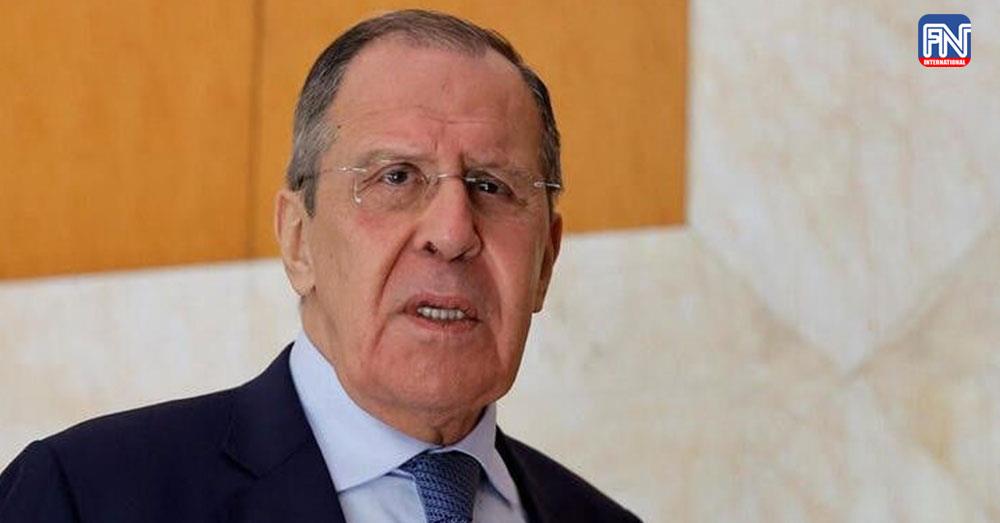CAIRO, July 22 (Reuters) - Russian foreign minister Sergei Lavrov will begin an African tour in Egypt on Sunday, seeking to draw on demand for non-Western alliances as Moscow pushes back against international censure over the war in Ukraine.
In Egypt, Lavrov will meet officials trying to square deep links to Russia with their close relationship to the United States, which along with other Western powers sought to isolate Russia with tough sanctions after its Feb. 24 invasion of Ukraine.
After meeting Arab League members in Cairo, he will travel to Ethiopia and Uganda, two countries whose relations with the West have come under strain, as well as Congo Republic.
Egypt has significant strategic and economic ties with Russia, which has been a key source in recent years of wheat, weaponry and - until the war complicated travel - tourists.
This week, Russian state-owned energy corporation Rosatom started long-delayed construction on Egypt's first nuclear plant, the largest Russian-Egyptian project since the Aswan High Dam on the Nile was completed in 1970.
Those ties have caused angst with Western states, a group of which petitioned the Egyptian government and the Arab League ahead of Lavrov's visit not to play into Russia's version of events in Ukraine, diplomats said.
Kyiv and the West say Russia is waging an imperialist land grab in Ukraine, putting the global economy and food security at risk. Russia says it is conducting a "special military operation" against dangerous nationalists, blaming Western sanctions for a worsening food crisis.
Egypt's relationship with the United States remains central, and in line with the West's position it has turned away at least one Russian shipment of wheat that Ukraine said had been stolen from occupied lands.
But the Western stance on the war has gained limited traction in the Arab world and Africa, where governments are receptive to non-Western alternatives, said H.A. Hellyer of the Royal United Services Institute, a UK think tank.
Egypt "identifies that the world is becoming more and not less multipolar, and it doesn't want to limit itself to a relationship that privileges the West above all else," he said.
